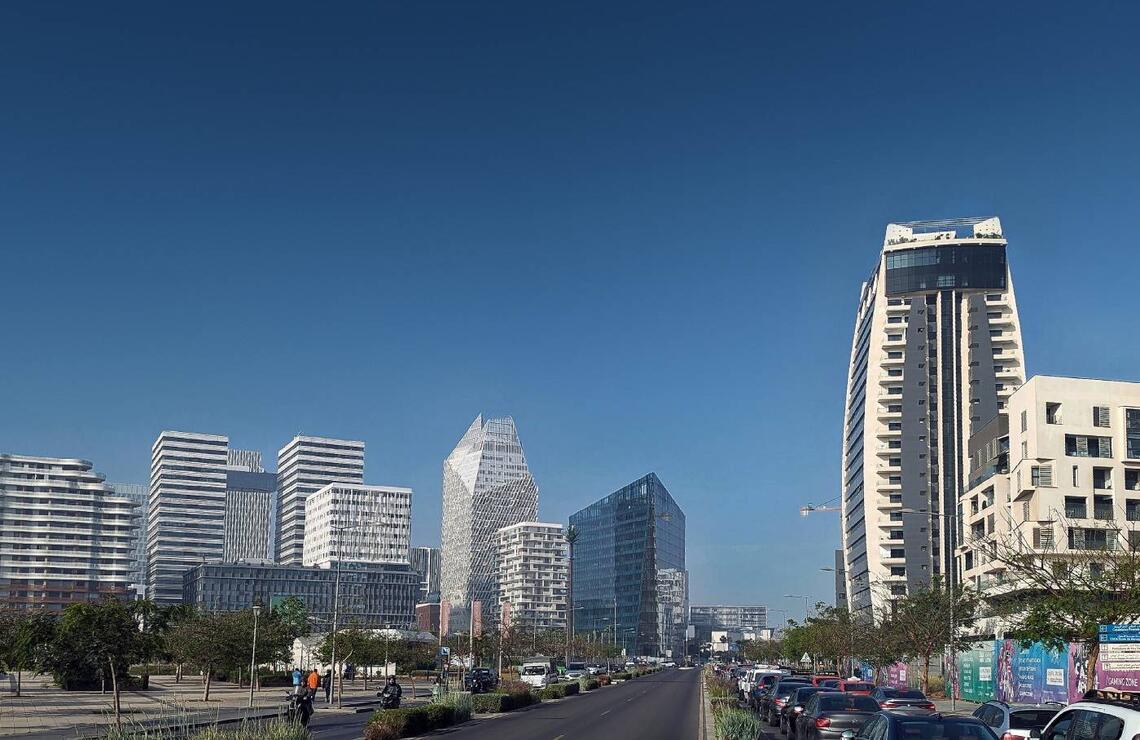
Casablanca, Morocco:
On the road to the Cups
In the 2025 ranking of Africa's best cities, the ‘White House’ takes the lead. The city is the economic hub of the Kingdom, which is itself experiencing rapid growth. In just over a century, it has grown from a town of some 20,000 people to a dense centre of 4.5 million. It accounts for 30% of national GDP and almost 50% of private investment. On the Atlantic coast stands the Hassan II Mosque, a symbol of faith and modernity. The towers of Casablanca Finance City – a project launched in 2010 – signal the international ambitions of a city seeking to become the strategic gateway to sub-Saharan Africa. Mohammed V Airport, the Maghreb's leading air hub with some 9 million passengers a year, and boosted by Royal Air Maroc's expansion, now connects to more than 40 African capitals. Casablanca is also central to the emerging high-speed rail network, which already provides a 2-hour-10-minute link to Tangier and Tangier Med port , and will soon connect to Marrakesh.
Being the host country for the African Cup of Nations in 2025, and especially the 2030 World Cup, is driving the city to modernise, improving public transport (trams, electric buses, express routes) and redeveloping the Corniche to make it more attractive for residents, tourists and culture. The goal is to become an optimised smart city. The historic city centre is enjoying a new lease of life with the opening of the Royal Mansour Casablanca hotel, a magnificent urban palace, and the gradual renovation of the historic medina. In Benslimane, between Casablanca and Rabat, Africa's biggest stadium (115,000 seats) is taking shape. The dream is to see the World Cup final played there on 21 July 2030.
Casablanca is buzzing, advancing at high speed on its trajectory to become an ambitious African metropolis. The World Cup challenge is daunting. And the city remains fragmented. There are still significant wealth disparities between the central areas, the business districts and the working-class suburbs, posing a real challenge in terms of urban and territorial inclusion.